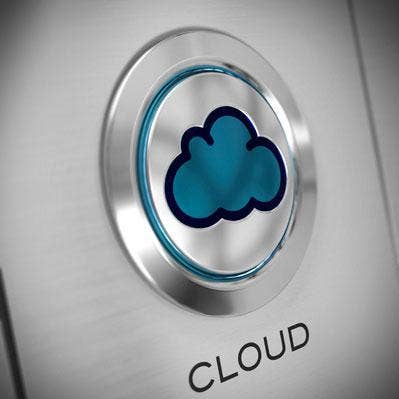Aparavi Expands Archiving Platform With Multi-Cloud Management, New Data Classification

Multi-cloud data archive software developer this week is expanding its Aparavi Active Archive platform with improved direct-to-cloud capabilities, new data classification and tagging for search, and the ability to do bulk data migration.
"We're enhancing our cloud archiving solution for greater operational efficiency, insights, and multi-cloud data management,”said Victoria Grey, chief marketing officer for the Santa Monica, Calif.-based company.
Aparavi develops technology for storing data on a file-by-file and object-by-object basis, said Jonathan Calmes, vice president of business development.
[Related: The 20 Coolest Cloud Storage Vendors Of The 2019 Cloud 100]
The company, which started as a stealth project within NovaStor, an Agora Hills, Calif.-based developer of backup and restore software, provides granular control over the files which are stored as objects, Calmes told CRN. That allows clients to do things like manage objects across multiple clouds or keep existing files on one cloud while gradually migrating files to another, he told CRN.
New for the Aparavi Active Archive is an expansion of its dynamic multi-cloud capabilities with the ability to move data from the source directly to the cloud of choice without intervening hardware, Calmes said.
"Many customers think backup redundancy on-premises is OK, but want archiving to the cloud," he said. "So we now allow the snapshots to go directly to the cloud, while keeping a small dictionary file on-premises for easy finding of data in the cloud."
Aparavi has been working with Amazon Web Services, Google Cloud, IBM Cloud, Microsoft Azure, and clouds from Scality and Wasabi, Calmes said. New is the ability to back up data to the BackBlaze B2 cloud and the Oracle Cloud, he said.
"We're cloud-agnostic," he said. "We use the generic S3 object storage API. This opens us up to pretty much any object store out there."
Aparavi is also adding new intelligence to its data management technology, Calmes said. The company now provides pre-set data classifications such as "legal," "confidential," or "PII" (personally identifiable information), he said. More can be added on the fly, he said.
"As files are being ingested through our software, we can classify it and do analytics on it," he said.
Aparavi is also adding advanced search capability to find data based on the classifications, which are in turn based on clients' parameters, Calmes said.
"It shows the results in real time, and in context within the file," he said. "It highlights the searched phrase, and adds the 30 or so words that come before and after it, to make it easy to find specific files. When searching the cloud, if you have to pull out an entire data set, you may get hit with egress fees."
Aparavi's new classification and search capabilities will make the company's technology more competitive, said Jonathan Schwam, principle and owner of Core82, a New York-based solution provider and Aparavi channel partner.
"It's the money-maker for them," Schwam told CRN.
Aparavi's technology is ideal for clients subject to U.S. Securities and Exchange Commission regulations that need immutable backups and the ability to re-hydrate data within a certain time per SEC rules, Schwam said.
"We have specific SLAs [service level agreements] with customers for restores," he said. "If we can't search the backups and pull out the right data, we can't restore it in time. Search and classification is important for compliance."
There are other providers offering similar technology, but few have the maturity to work on a consistent basis with channel partners, Schwam said.
"Aparavi helps us with on-boarding, and provides step-by-step processes for regular testing of backups," he said.
About 80 percent of Aparavi's business comes from indirect sales channels, Grey said.
The company is currently recruiting two types of channel partners: those with large enterprise customers managing large NAS stores, and MSPs looking for a better way to handle unstructured data. "Our technology is multi-tier and multi-tenant," she said. "We bill the MSP, and the MSP bills its clients."